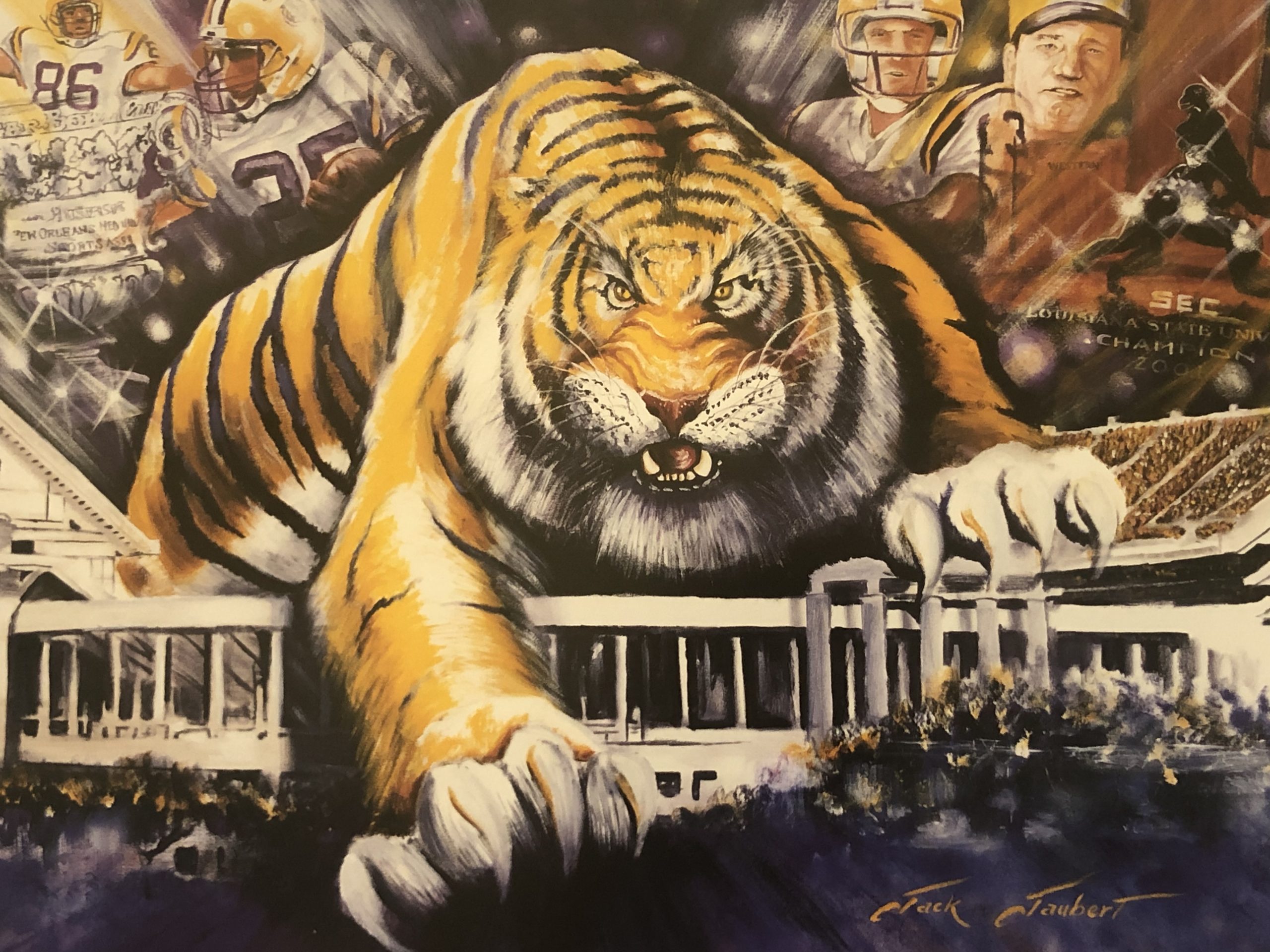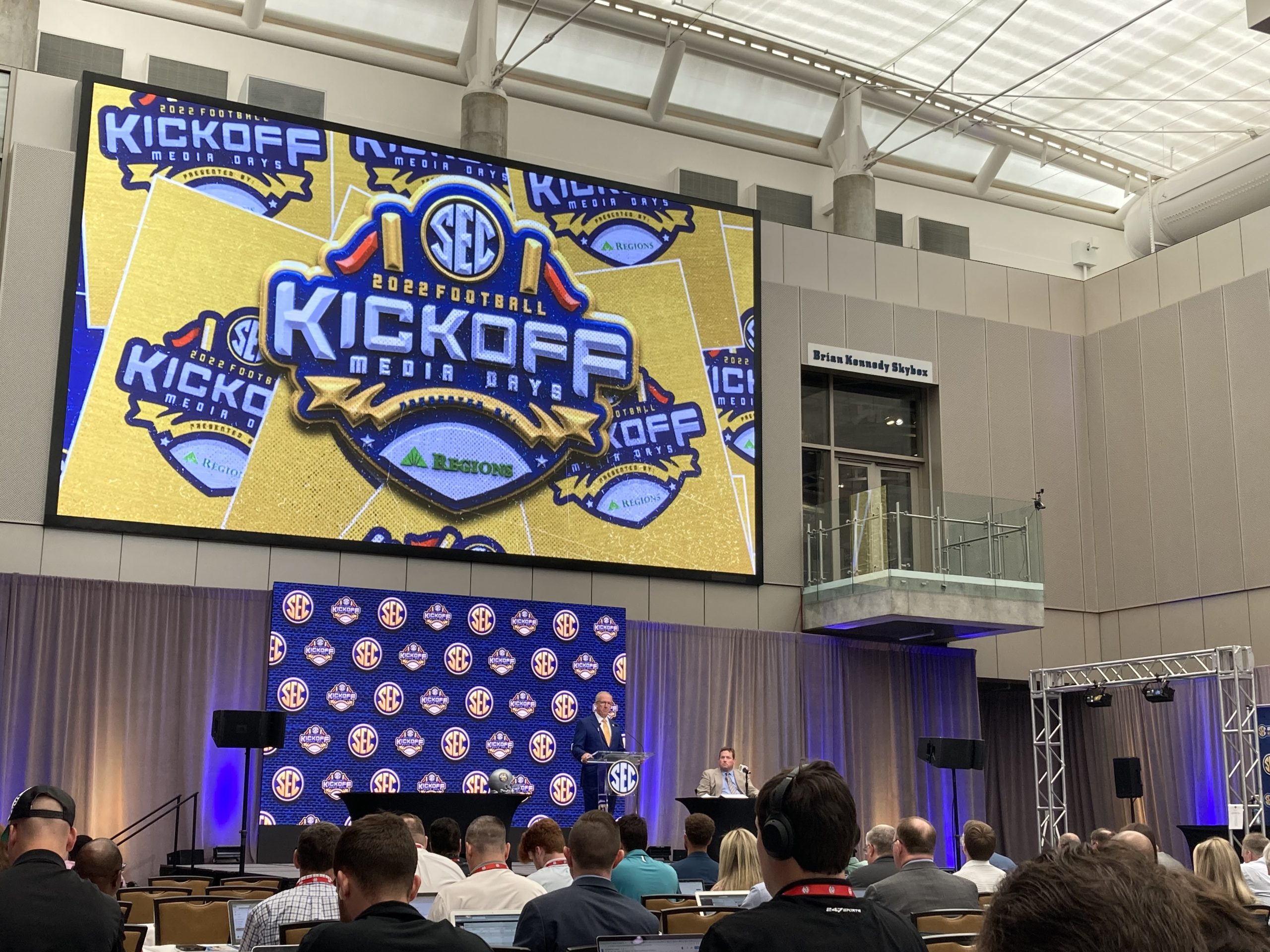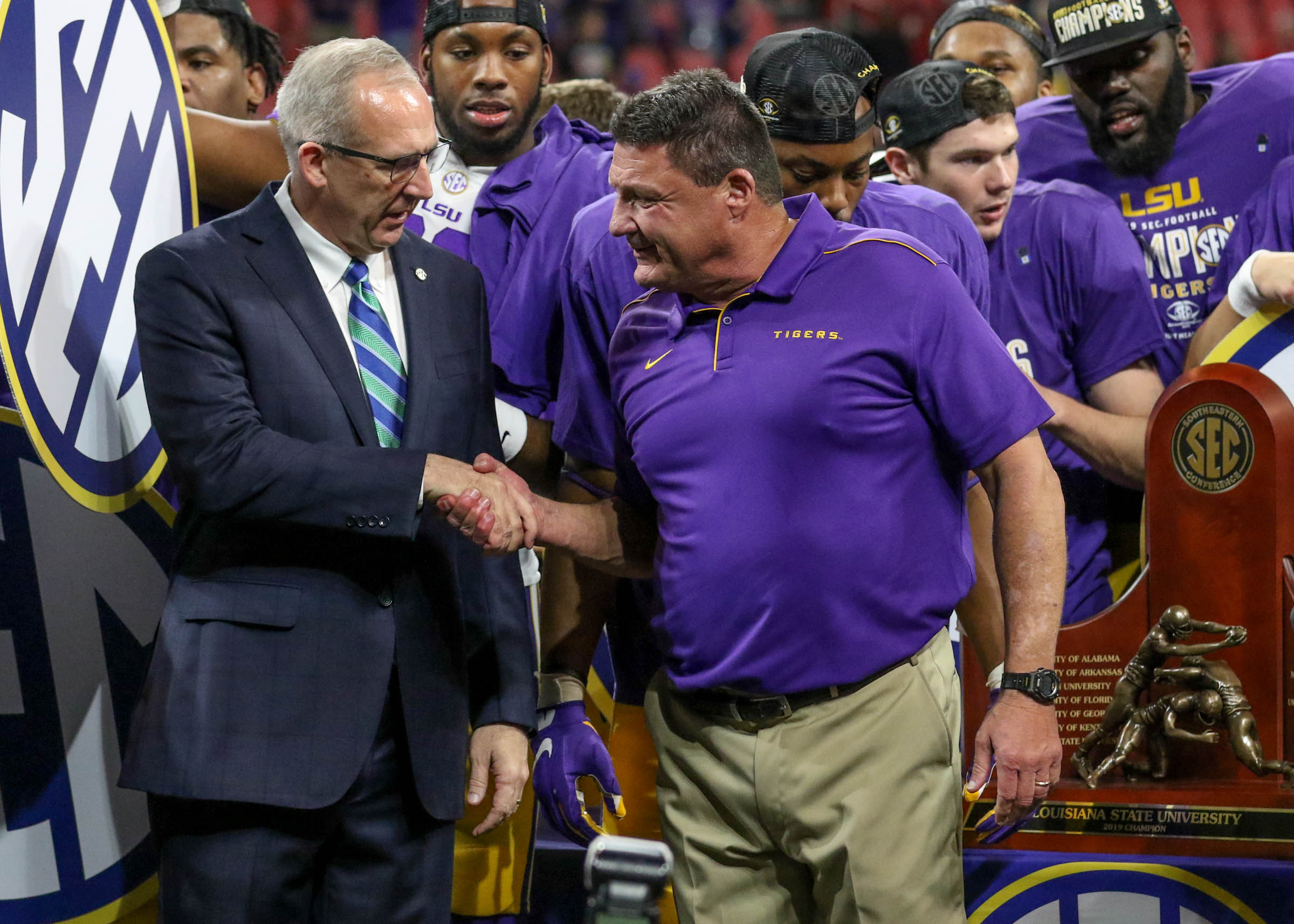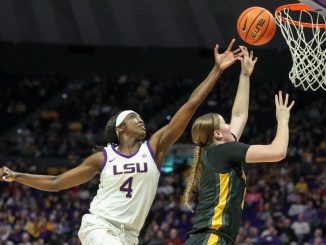
The new normal is not normal.
Our world has been turned upside down by a virus that apparently is so confounding that medical experts are split on the severity.
Is coronavirus worse than the flu? Is it not? Why can’t we all just go on living our lives?
It’s because right now no one, not even the best infectious disease doctors in the world, are quite sure how to slow down the spread other than washing your hands as much as possible for at least 20 seconds.
On Wednesday, Dr. Anthony Fauci, director of the National Institute of Allergy and Infectious Diseases, gave facts to the House Oversight and Reform Committee that we can all understand.
That things will get worse before they get better.
That coronavirus is not as lethal as the flu, but it spreads easier thus creating a higher mortality rate.
That the estimate of eventual fatalities depends on the influx of infected people coming to the United States to other countries and containing outbreaks in the United States.
Naturally, one way to reduce coronavirus from being spread is not having large gatherings or events where thousands of people attend on a daily basis.
There’s only one situation that falls under that description and it is sports – pro, college, high school or whatever level.
So, for the foreseeable future, we are without them. No NBA. No NHL. No major league baseball. No golf, including The Masters, which has been postponed.
And no college sports until further notice, at least until April 15 (including practices) in the SEC where LSU resides. Then, as league commissioner Greg Sankey said, the situation will be re-assessed to see if spring sports can be resumed even behind closed doors.
It’s understandable that the SEC, like most other conferences, shut down their league basketball tournaments. Most of them don’t mean anything anyway except to determine an automatic qualifier to the NCAA tournament, which honestly should go to the regular season champ if there wasn’t a league tournament.
Yet, the NCAA’s action on Thursday of totally scrapping the men’s and women’s Final Four and the rest of the winter and spring championships screamed of panic.
NCAA President Mark Emmert could have said he and the organization’s Board of Governors would reassess at the end of March and again in mid-April to see if any or all of the national championships could at least be held behind closed doors with families of athletes, essential personnel and credentialed media only allowed.
The biggest knee-jerk reaction was cancelling the men’s and women’s College World Series in mid-June. Maybe the NCAA felt that even if play resumes in those sports in April and May, maybe playing regionals and Super Regionals were too risky.
Or maybe the bottom line is everything gets shut down (except spring football practice) for 5½ months so that the NCAA can go into September with enough piece of mind to resume play with the start of football season.
That should give the medical experts time to determine if enough has been done to slow the spread, to see if the worst has passed.
No one wants to even consider, especially in college locales like LSU and Baton Rouge, the unfathomable financial and psychological devastation if football season is cancelled.
It’s well documented, as in our January issue of Tiger Rag Magazine that examined the latest financial report (2018) submitted by the LSU athletic department to the NCAA, that the $55,017,948 football profit resulted in a department profit of $7,971,276 despite 18 of 21 Tigers’ sports losing money.
Then, there’s the economic damage that would be done to Baton Rouge without football.
The last economic study done almost 10 years ago by former LSU economics professor Dr. Loren C. Scott revealed that seven LSU home games in 2012 generated more than $397 million in additional revenues for Baton Rouge area businesses, nearly $120 million in local household earnings, $2.8 million in local sales tax revenues, $8 million in state sales tax revenues and 4,000 jobs.
Also, Baton Rouge lives and dies with LSU football. The only thing keeping many LSU fans going day-to-day in the face of the latest daily shocks is winning the 2019 national championship. Just hanging on to the feeling of a 15-0 season with a Heisman Trophy winning quarterback operating an offense blowing up scoreboards every Saturday is a happy thought to get through the current tough times.
The bottom line is LSU, nor any other NCAA school, can’t afford to lose football season. So, if that means currently sacrificing some other sports now to hopefully make sure the coast is clear by September, so be it.
But the NCAA also needs to give something in return, such as awarding another year of athletic eligibility to every college athlete who just had their seasons cut short.
Today, the NCAA’s Council Coordination Committee has agreed to grant relief for the use of a season of competition for student-athletes who have participated in spring sports. There’s no word yet on what will happen with winter sports athletes though the committee said it is looking into solutions for those athletes.
Still, winter and spring sports athletes whose seasons haven’t been completed are in a state of flux. Are we going to still practice? What are we practicing for? Even if we resume the season, what’s the end goal since there is no national championship on the table?
Even if something was done such as offering college athletes the chance to a sign a waiver for them to play and accept the responsibility and risk of contracting the coronavirus, don’t you think it would all change in a blink if any athlete did get the virus?
It seems everybody wants events and the world to continue as is until you or someone you know or interacted with tests positive.
Then, you’re scared as hell. And everyone around you is, also. At that point, cancelling sports and sports events seems miniscule.
So, for now, like pro and colleges are doing with sports, let’s all step back and take a deep breath (presumably with no one close to you) to assess.
In the meantime, wash your hands, stay informed but not to a state of constant worry.
Re-discover some of life’s simple joys. Read books. Binge watch favorite TV shows (or every win in Tigers’ ’19 national title season) . Engage in actual conversations rather than text messages. Take a walk or a bike ride on a sunny day. Call a friend you haven’t talked to in a while.
Meanwhile, keep reading us here at Tiger Rag. We’re not shutting down. We’ll find LSU stuff to write about until this storm subsides.
The one definite about Louisianans you can take to the bank is we’ve been through 59 hurricanes since the first one in August 1852.
Through some of the most devastating and bleakest times ever, we’ve emerged on the other side still standing and living life like no other state knows how.
This too shall pass.




Be the first to comment